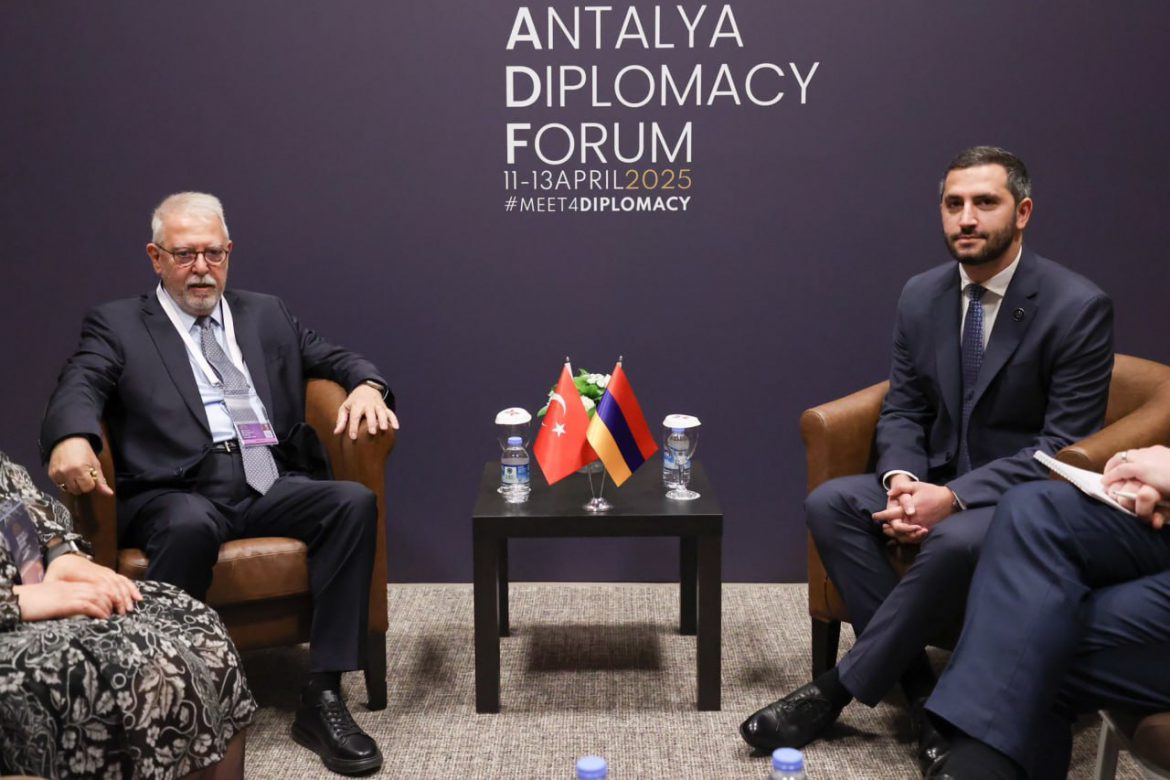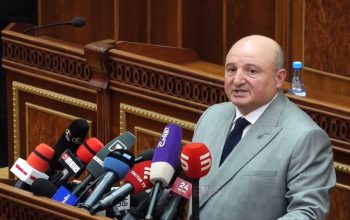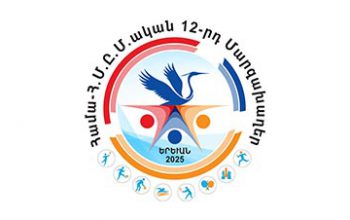A senior Turkish diplomat expressed confidence on Friday that Prime Minister Nikol Pashinyan will move forward with plans to change Armenia’s constitution—steps that critics say are aimed at satisfying Turkish and Azerbaijani preconditions for normalization, rather than reflecting the will of the Armenian people.
Ankara and Baku have both made it increasingly clear that they view Armenia’s current constitutional framework—particularly its reference to the 1990 Declaration of Independence—as an obstacle to fully normalizing ties. That declaration, which cites the 1989 unification act between Soviet Armenia and Artsakh (Nagorno-Karabakh), is enshrined in the preamble of the constitution and has long symbolized Armenia’s historical and moral commitments.
According to Azerbaijan’s leadership, no peace agreement can be signed unless Yerevan removes this language. The only legal avenue to do so would be through a national referendum enacting a new constitution—something Pashinyan has publicly floated in the past year.
Responding to a question from journalists at a security forum in Antalya, Serdar Kilic, Turkey’s special representative for normalization talks with Armenia, indicated that such a change is already anticipated. “Nikol Pashinyan has also made a statement regarding a change of the constitution. In this context, Armenia will make the necessary amendments to its constitution,” Kilic was quoted as saying by Azerbaijan’s APA news agency.
Later, speaking to CivilNet, Kilic described the matter as a “domestic issue,” stating that “the Armenian people and Armenian institutions are going to decide how and when they are going to conduct that amendment process.” But for many in Armenia, the framing of the issue as domestic rings hollow, given the pressure from foreign capitals and the timing of such declarations.
Notably, the 1990 Declaration does not only address Artsakh but also calls for international recognition of the Armenian Genocide, referencing the atrocities committed in “Ottoman Turkey and Western Armenia.” Pashinyan, however, has in recent years openly criticized the Declaration, fueling concerns that constitutional reform is being used as a tool for political expediency rather than national reflection.
Domestic opponents accuse the prime minister of preparing yet another concession under the guise of reform—this time eroding the very foundations of Armenia’s post-Soviet identity. Several groups have already pledged to resist any attempt to strip the constitution of its historical commitments.
The Antalya forum, where Kilic spoke, is being attended by Foreign Minister Ararat Mirzoyan and other senior Armenian officials. The Armenian Foreign Ministry confirmed that Mirzoyan will meet with his Turkish counterpart Hakan Fidan on Saturday, in a closed-door session that many fear may further sideline public input in favor of quiet diplomacy.
Mirzoyan is also scheduled to joi




